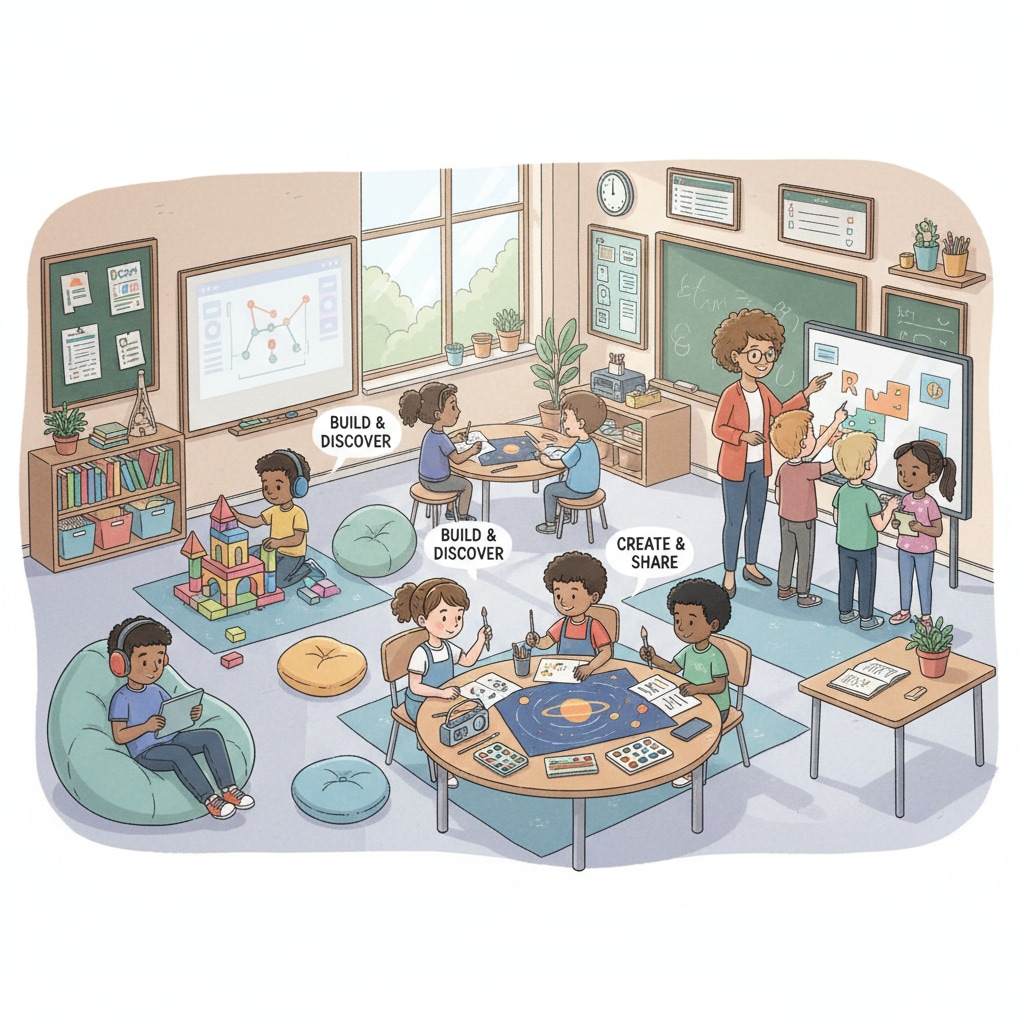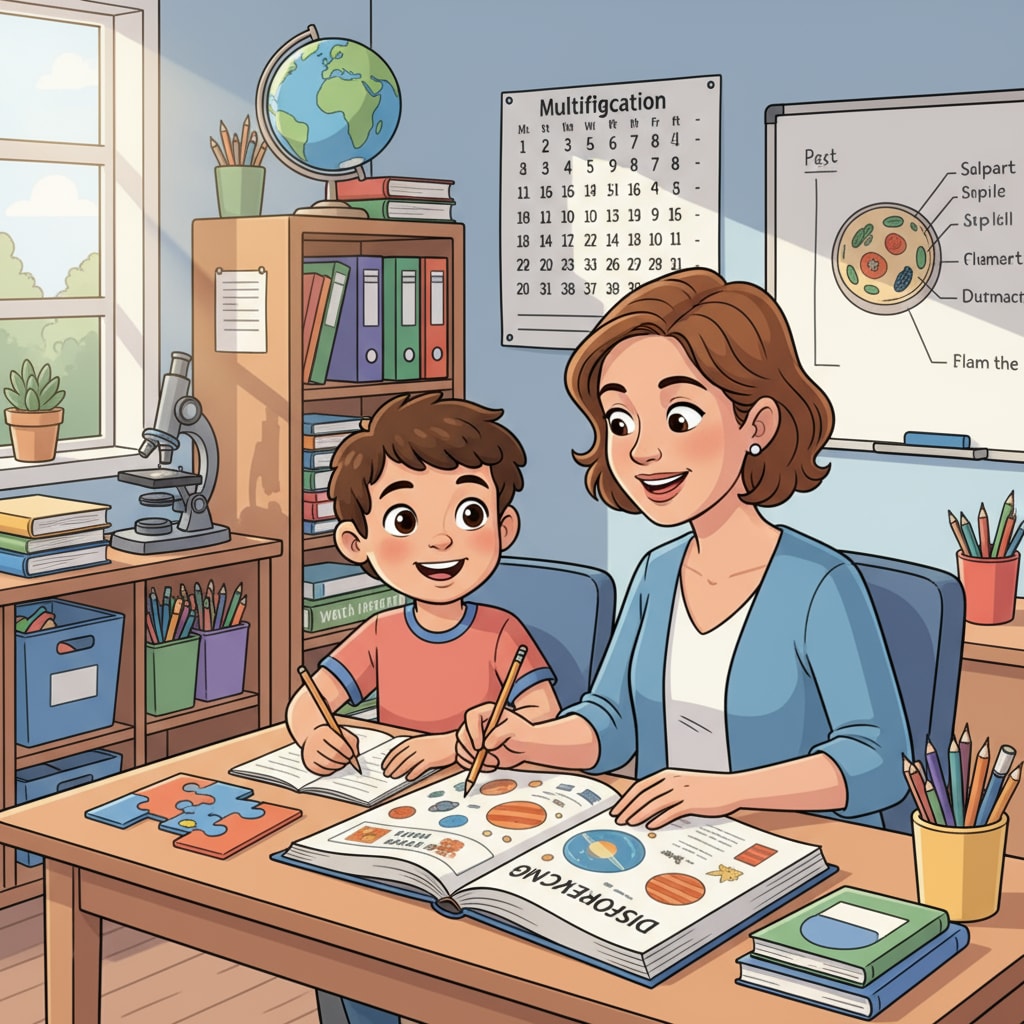Educational choices, school trauma, and alternative education are crucial topics when it comes to children who may be “different.” In a traditional educational setting, not all children thrive. Some may face difficulties that lead to school trauma, which can have long – lasting negative impacts on their development. Therefore, exploring alternative education options becomes essential for parents seeking the best for their children.

The Reality of School Trauma
School trauma can occur when a child’s unique needs are not met in a traditional school. For example, children with learning disabilities, those who are highly gifted, or those with different temperaments may struggle. They might face constant frustration, bullying, or lack of proper support. This can lead to emotional distress, loss of confidence, and a negative attitude towards learning. According to the American Psychological Association, such experiences can significantly impact a child’s mental health and academic performance.
Alternative Education Options
One of the most popular alternative education choices is homeschooling. Homeschooling allows parents to tailor the curriculum to their child’s specific needs. They can focus on the child’s interests, pace the learning according to their abilities, and create a supportive environment. For instance, if a child has a passion for art but struggles with traditional math, parents can allocate more time to art while still ensuring a basic understanding of math. Another option is specialized schools. These schools are designed to meet the needs of specific groups of children. For example, there are schools for children with autism, gifted children, and those with learning difficulties. These schools have trained staff and resources dedicated to helping these children succeed. Wikipedia’s page on alternative education provides more in – depth information on different types of specialized schools.

When choosing an alternative education option, parents need to consider several factors. They should assess their child’s learning style, interests, and long – term goals. Additionally, the availability of resources, the parent’s own capabilities (in the case of homeschooling), and the child’s social needs also play important roles. By carefully evaluating these aspects, parents can make an informed decision that will benefit their child in the long run.
Readability guidance: In this article, we have explored the issues of school trauma and presented alternative education options. The key is to understand that every child is unique, and finding the right educational path is crucial. By being aware of the different choices available, parents can take steps to avoid school trauma and provide their children with a fulfilling educational experience.


